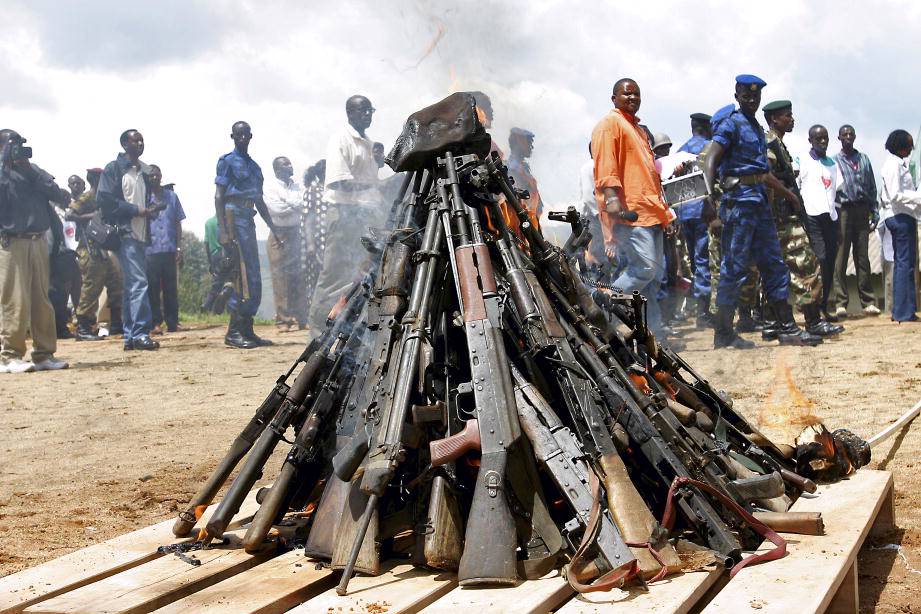
The DISARM project seeks is to identify the impact of disarmament processes on conflict recurrence and pinpoint the conditions under which disarmament can be the most effective. This is one out of five PRIO projects that today have received funding from the Research Council of Norway.
Júlia Palik has received funding for the 3-year project DISARM: How post-accord disarmament affects peace and conflict dynamics. She will be joined by a project team consisting of Nicholas Marsh, Mauricio Rivera Celestino, and Wenche Hauge from PRIO, Miriam Coronel-Ferrer from the University of Philippines, and Guy Lamb from Stellenbosch University. Congratulations!
About DISARM
Since the 1990s, the international community has invested heavily in disarmament programs which are seen as an integral part of interventions aimed at building peace in post-accord countries. In reality, however, scholars and policymakers know little about how the various disarmament programs differ from one another in their design and impact.
DISARM will fill in these gaps by analyzing the conditions under which disarmament can prevent conflict recurrence in post-accord countries.
DISARM constitutes the first systematic global study of post-accord disarmament across space and time, enabling us to identify conditions under which disarmament was and was not able to prevent conflict recurrence and thus to break new ground in studying the micro-foundations of peace. The project will provide critical input to stakeholders in disarmament by providing empirically sound and gender-sensitive policy recommendations on disarmament design.
More information about this project will follow.





